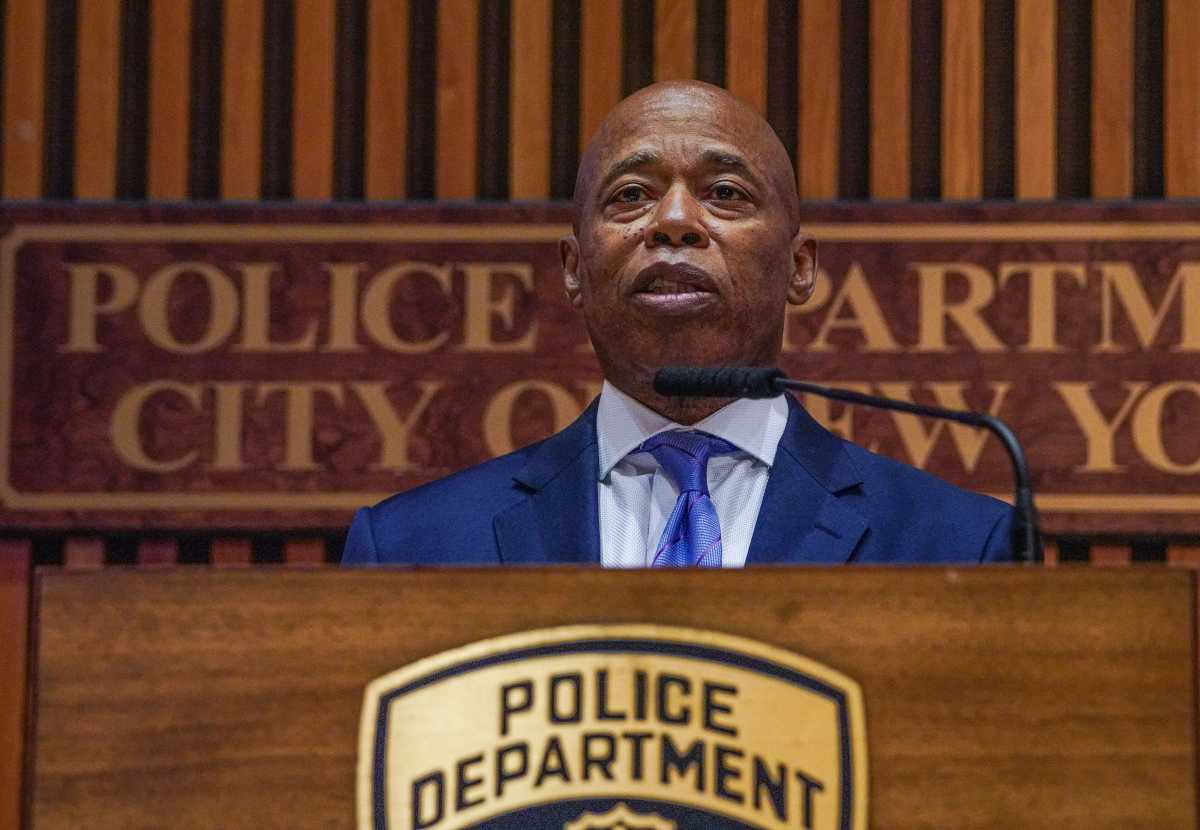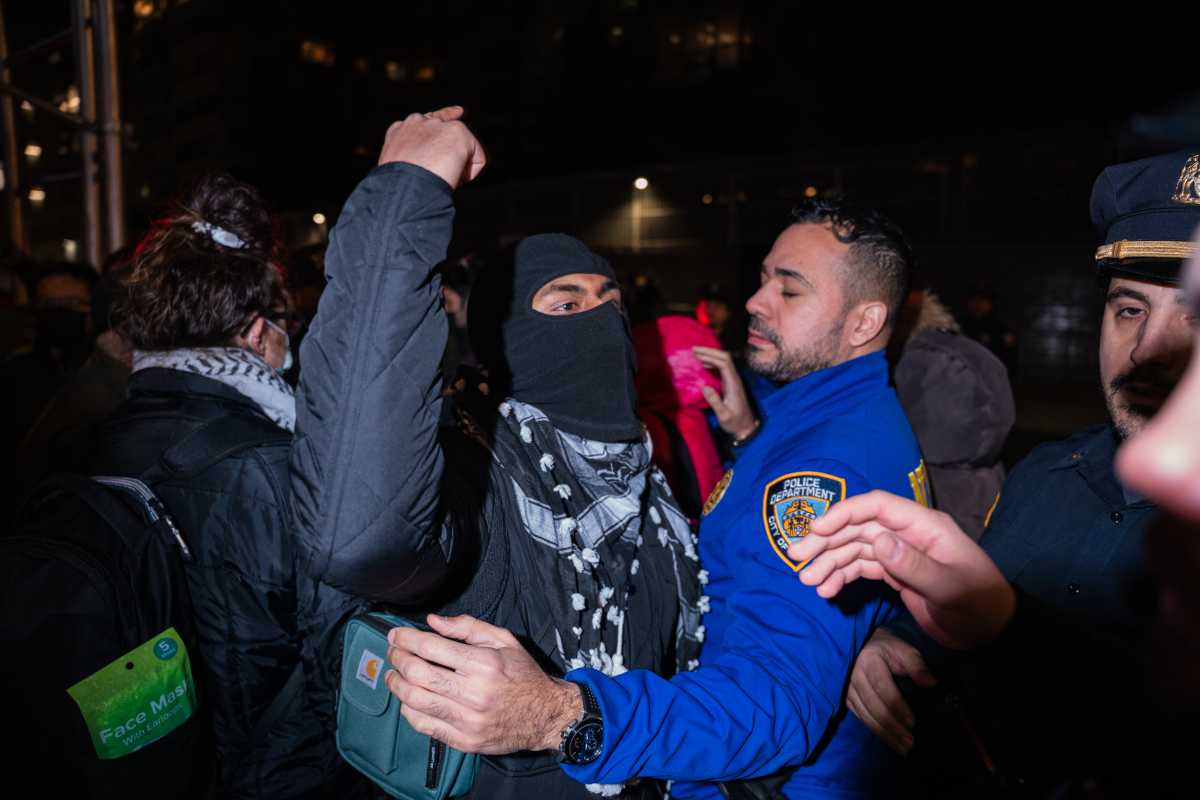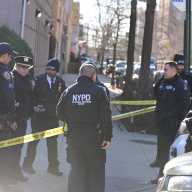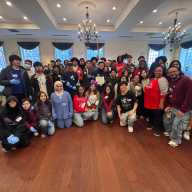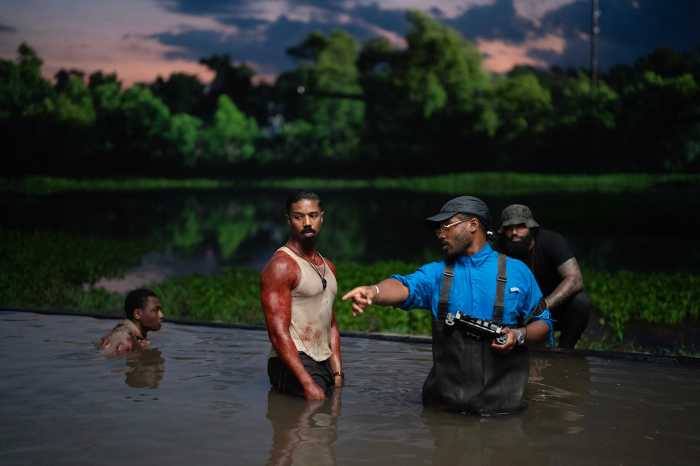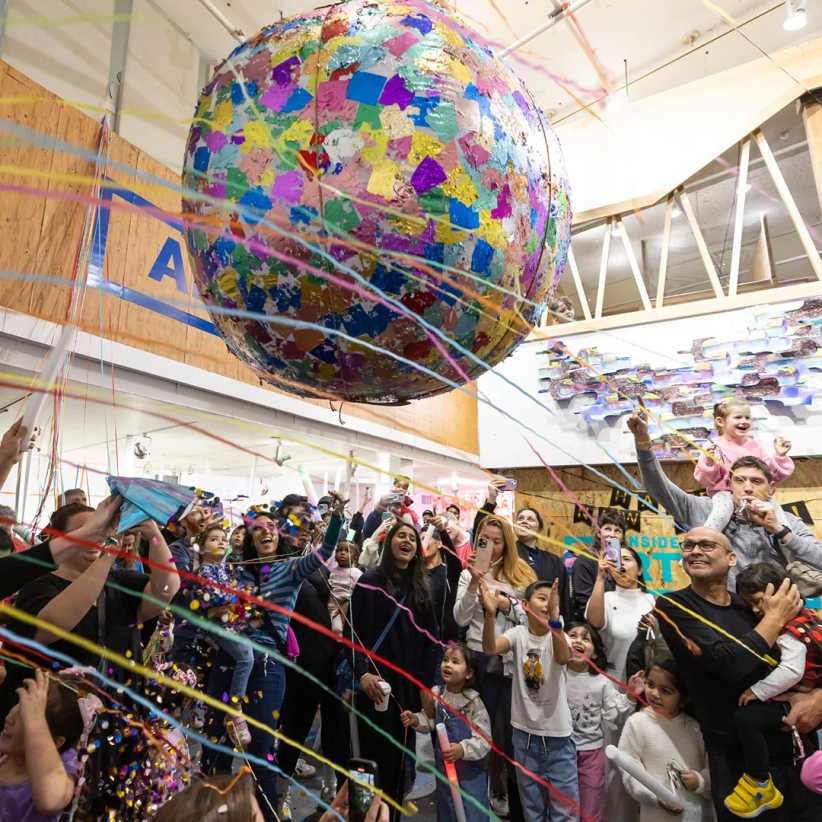Friday, April 29 is the 71st anniversary of the liberation of Nazi Germany’s first concentration camp — a day that changed Homecrest man Seymour Kaplan forever.
The 90-year-old World War II veteran — among the last living eyewitnesses to Holocaust horrors — was a fresh-faced, 19-year-old machine gunner with the 42nd Infantry Division in Munich when he was ordered into a jeep that day in 1945, and unbeknownst to him driven 10 miles to Dachau Camp to serve as a Yiddish interpreter for prisoners.
“I had no idea where I was going, I just knew Dachau was a town,” he says of the picturesque hamlet nestled in the upper reaches of the Bavarian forests and high peaks, where countless thousands of people deemed unfit for Hitler’s new Germany died from starvation, disease, overwork, brutal medical experiments, or were executed.
The Americans had stumbled upon the hellhole, unaware of its existence and purpose, and Kaplan was one of the first soldiers to enter its blight, passing a sardonic sign that read, “Arbeit Macht Frei” (“Work Will Set You Free”).
He was woefully unprepared for the atrocities ahead, many of which still escape him.
“I saw a pile of dead people seven foot high, and on top lay a German officer in full dress someone had just shot,” he says. “I pulled his body off and went crazy trying to look for anyone still alive, until someone pulled me away.”
The survivors petrified the young freedom fighter. Emaciated and hollow-eyed, they emerged from the shadows like living corpses, dragging themselves forward on their hands and knees.
“They were still alive, but they didn’t know it,” he said. “They were death crawling over to me, and I was scared of them.”
The male prisoners all had one request: “Give me a gun, I know who I want!”
In the women’s barracks, where beds were two-by-fours topped with straw, Kaplan told a terrified, wild-eyed woman that he was an American soldier and a Jewish boy, and that she would be going home soon.
“I went to pat her head, but she withdrew from me in great fear,” he says.
Years later two women approached Kaplan at one of his popular speaking engagements — a self-remedy for his post-traumatic stress disorder — and told him they were in Dachau the day the Americans came.
“There was a lot of crying,” he says. “I was so glad to have served them.”
Yet he doesn’t think of himself as a liberator.
“The moment belonged to the people who survived the camp,” Kaplan says. “I only walked in.”
Next week: Dachau’s D-day! A Brooklyn veteran remembers, Part 2
Follow me on Twitter @BritShavana



